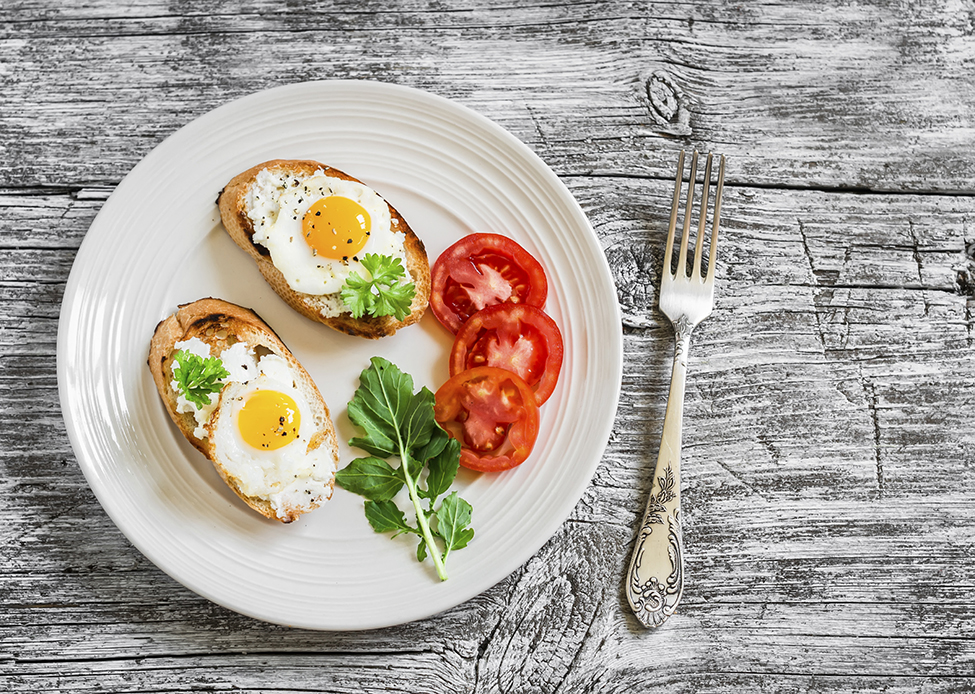Nutrition Notes: Have a better breakfast
Eve Kalinik on why rushing the most important meal of the day is an absolute no-no

Why is breakfast such a big deal? Well, starting the day with a healthy, balanced breakfast is crucial for many reasons.
Let’s start with its role in managing the stress hormone cortisol. Research has shown that eating in the morning helps to manage this major player that typically peaks upon rising. If you don’t eat breakfast, cortisol continues to run high and can leave you with an increased appetite and slumps of energy later in the day.
Longer term, this can translate to a propensity for weight gain, particularly around the abdominal area, as well as being linked to other metabolic conditions.
Moreover, because cortisol is high first thing, this means our satiety hormones that tell us when we’re full are, in part, increased. By eating breakfast we can satisfy the hunger hormones which results in blood sugar levels rising and, in turn, a reduction in cortisol. Studies suggest this helps to maintain a healthy weight for the longer term, too.
We might also think of sleep as a restful time, but the body works on a lot over this critical period when it has, in essence, been fasting – so, when we wake, blood glucose and liver glycogen stores will be low. To raise these, we need to replenish with key nutrients first thing.
This also promotes better cognition throughout the day as glucose is the primary fuel for the brain.
How to have a better breakfast
1. TAKE ENOUGH TIME. Aim to have breakfast within two hours of waking. If you work out in the morning, try to eat within 30 minutes to an hour of completing your session to refuel properly. Take 20 minutes without distraction to enjoy breakfast.
You’d spend at least that amount of time going to a café, ordering and queuing – so be prepared at home and give yourself enough time. The environment we eat in has a lot to answer for in terms of how we digest and absorb food.
2. PROTEIN IS CRUCIAL with breakfast as it helps to sustain energy levels throughout the day. Eggs are a highly nutritious breakfast food. Packed with amino acids, essential fatty acids, and vitamins A, B12 and D to name a few, enjoy them poached, scrambled in organic unsalted butter/coconut oil or baked. They are delicious served on healthy pancakes (use spelt, buckwheat, coconut or quinoa flour), or on organic sourdough bread. Add some spinach, tomatoes or avocado on the side and it’s a breakfast of champions.
Other great options are fish (salmon, mackerel and kippers), full-fat goat’s cheese or sheep cheese, or yogurt, nuts and seeds – chia seed puddings are easy to make and have antioxidant benefits.
3. BEWARE OF ‘HEALTHY’ CEREALS AND GRANOLA. They are often laden with hidden sugars, syrups and a ton of dried fruit (more sugar). Best to make your own or go for porridges made with pure oats. You can also make a smooth porridge with ground almonds and oats, which boosts protein intake, too.
For more from Eve, go to evekalinik.com
Photograph: iStock









